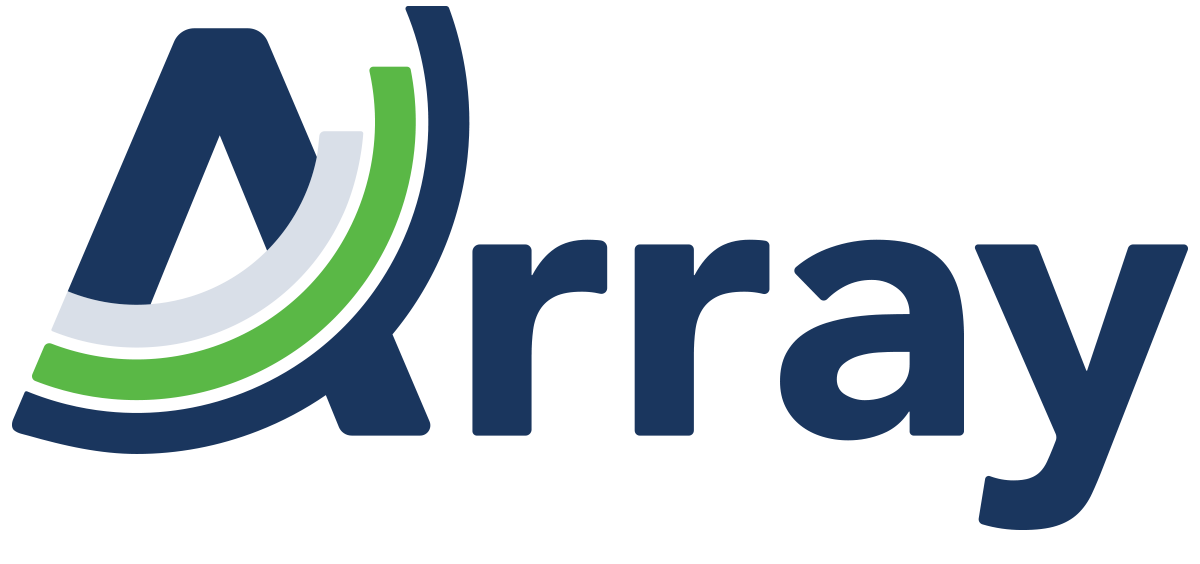Every week, the Array team reviews the latest news and analysis about the evolving field of eDiscovery to bring you the topics and trends you need to know. This week’s post covers the week of June 10-16. Here’s what’s happening.
DOJ Offers Guidance on Retention of Company Data on Personal Smartphones
Nobody wants to be Big Brother, but companies must realize that employees’ personal smartphones can be fair game when it comes to discovery. There are 16 Wall Street firms who could have told you that — and warned you about the more than $1.1 billion they had to pay as a result of failing to live up to that standard.
In recent years, organizations have allowed employees to connect their own devices to company accounts to access emails and documents while away from the office in lieu of providing company-issued devices. However, if your organization doesn’t have a Bring Your Own Device (BYOD) policy covering (and possibly limiting) employees from conducting company business on their personal devices, then you could be asking for trouble.
Just look at the latest from the DOJ. According to its recent guidance, The Department of Justice is advising companies to maintain clear custody of corporate data, even if that data lives on its employees’ personal smartphones, so that it can be used in investigations. The guidance doesn’t just cover email. It also applies to data generated by Slack, Signal and other “ephemeral” messaging apps.
And whenever there’s a need — for litigation, compliance or some other reason to preserve company data — an organization should be able to pull data freely from personal devices if those devices have been used for company business or had access to corporate information or other assets.
Under the latest DOJ guidance, prosecutors can take an organization’s handling of its data into consideration, and that could affect any offers to resolve criminal liability. An actively enforced policy, designed and maintained in good faith, could impact whether a prosecutor pursues prosecution or resolution, the size of any monetary penalty and more.
Such a policy should create rules for preserving and accessing company data on personal devices, along with details on rationale, application and enforcement. Does your organization allow BYOD (bring your own device)? Then you need to be ready to collect and produce company data from those devices.
If your organization doesn’t have a policy covering this type of activity, implementing one has to be a priority. That policy — which should be reviewed annually — needs to spell out the rules that your organization’s users must follow when using their devices, such as prohibiting the use of personal email or social media accounts to conduct company business and enforcing stringent security settings such as password minimums, device encryption and access to certain applications via biometrics, facial recognition or 2-factor authentication.
Does Your eDiscovery Vendor Understand Search Syntax?
When it comes to eDiscovery, you can’t be too careful about the search syntax you (or your eDiscovery vendors) use. Each tool has its own rules, and none of them are particularly forgiving. Unlike Google Search, if you structure your query poorly, you could end up missing huge swaths of relevant material (even Google Vault requires very specific query structures that are different from its browser search counterpart).
Trial lawyer and law professor Craig Ball provides a good illustration in this post about a case from Florida. The plaintiffs provided a list of specific search terms, which should have produced a focused list of results. But several of those queries employed a type of search syntax that most eDiscovery tools simply don’t recognize.
Ball highlights several other related perils, but the big takeaway is that – in the world of eDiscovery at least — search is more complex than many realize. Find a services partner who understands the nuances and how those nuances translate to the eDiscovery hosting platform you’re choosing, or you could end up missing essential information or reviewing way more documents than you need.
Other recent eDiscovery news and headlines:
- Order for Forensic Image of Cellphone Quashed by Appellate Court (eDiscovery Case Law)
- Hyperlinked Files, Redactions and TAR, Oh My! (eDiscovery Assistant)
- “Pharma Bro” Avoids the Most Serious Adverse Inference Sanction for Spoliation Evidence Under Rule 37(e) (Gibbons Law Alert)
Julia Helmer; Director, Client Solutions
With a decade of expertise, Julia excels at optimizing enterprise eDiscovery workflows from start to finish. With a deep understanding of how to seamlessly integrate workflows across various eDiscovery platforms, Julia creates tailored solutions for data identification, legal holds, ESI collections, and productions. By harnessing the power of Technology Assisted Review and Analytics, she delivers efficient, cost-effective results that align with best practices and budgetary constraints. Julia’s exceptional communication and customer service skills have fostered strong, lasting relationships with both clients and Project Management teams, enabling her to effectively problem-solve and drive success across numerous projects.

